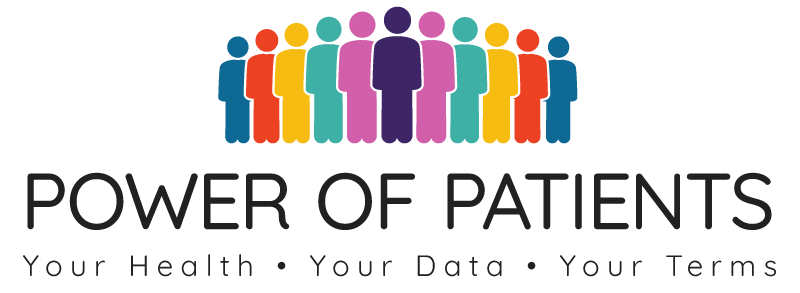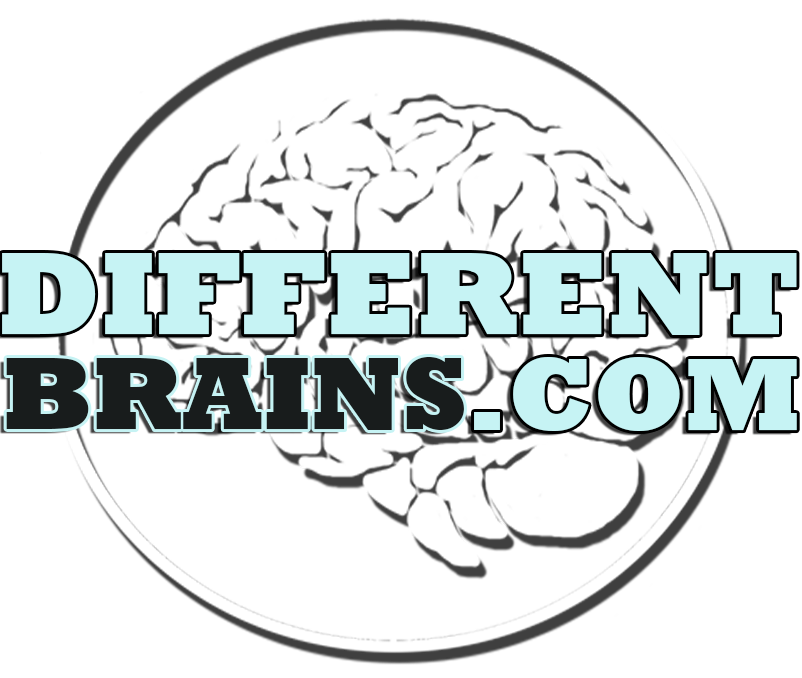BANANA & LAUNDRY REHABILITATION
Improving Executive Functioning Through the Tasks of Daily Living
There is a lot of talk in rehabilitation that has to do with return to work. Especially if you are in the automotive insurance industry.
The skills that are transferrable are not emphasized as much as there is little seeming benefit to the insurer to teaching these sorts of skills. What the rehabilitation industry demands is the short sighted goal of return to work. These transferrable skills are what this paper is about.
Following directions (cooking from a recipe) and waiting for things to finish (laundry) are both examples of how doing activities of daily living can be used in order to gain some higher level cognitive functioning skills. Both of these tasks require some infrastructure to perform the task. The banana bread requires a stove, while the laundry requires a washer and dryer.
These items are very expensive and require an investment in money in order to obtain them. We will assume for these purposes that these sorts of things are at least available to the survivor even if only on a temporary basis with a fee incurred for use. Especially during formal rehabilitation these resources should be readily available. After formal rehabilitation is over these two tasks may continue to be used as a method to promote recovery. Repeating tasks is key for survivors. The professionals talk about this a lot initially but then leave the survivor with little ability to cope with life beyond rehabilitation.
“ACTIVITIES OF DAILY LIVING CAN BE USED TO REGAIN COGNITIVE FUNCTIONING”
The second thing that is required for both these tasks is supplies. Electricity is involved in each endeavor. Someone needs to be compensated for this service. This is like having electricity in your house, something that is only used as needed, which is akin to your sight after your accident. Something that is taken for granted by most people, only when it is diminished do you realize what a great asset it was. After the accident, however, there is no going back to large extent. You are left with what you are left with even as much as you may make an effort at improving things. They stay the same. So be careful with the attributes that you still have. Look after them well.
The consumable supplies must also be looked after. The baking ingredients as well as the laundry soap. Some foresight needs to happen here. Make sure that these supplies are in the house before you turn the oven on or load the washer. This is part of the executive functions of the brain. One must check that each ingredient of the chosen banana bread recipe is on hand in sufficient quantities. This is a transferrable skill as when you are about to go on a trip, for example, you need to check that all the requirements for the trip are with you as you leave the house. Or even as you go out for dinner. Need money, directions, correct dress, and perhaps a gift? All these sorts of things may need some special thought at first, however, as time goes along this will become second nature. This is brain injury recovery. This is healing.
“THIS IS BRAIN INJURY RECOVERING. THIS IS HEALING.”
Next item on the list is effort. Depending on when in rehabilitation you start doing this and your abilities and familiarity with the supplies and infrastructure, this will vary greatly. I Would encourage you to start slowly. Remember we are in this for the long term. Start with a basic recipe (or basic wash and dry) and progress. Add complexity as you are able. Be patient with yourself. Be gentle and kind but at the same time be observant and watch for ways that you can improve for next time. This self-evaluation is insight at its best. This is the characteristic that for so long has been lacking. This being self-aware is what this term ‘insight’ is all about. I would encourage each of you to do this. Learn to be reflective in this activity to start with. Then we can look to expand this tool to other areas, but it starts first with the basic activities.
For each activity there are the tasks that need to be accomplished before the actual activity, and the tasks which go after the activity. In both these cases the actual activity is left to the machine. The preparation time though dictates the outcome to large extent. Whether you put the soap in the washing machine is every bit as important as selecting the correct size load if not more important. The baking powder you put in the banana bread will dictate its texture.
“BE PATIENT, GENTLE & KIND, AS WELL AS OBSERVANT FOR WAYS TO IMPROVE.”
As you get more and more comfortable with these activities try doing them together.
Start one then, as it is in progress, start the other.
Try increasing the complexity. Relax and let these two activities be the focus of your day. Reflect on what you have yet to do and reflect on what you have done. Doing this helps reestablish your executive functioning which is likely one of the things that you are having problems with.
As you get familiar with these activities try other ones. There are many sorts of baking recipes that are available. Perhaps you should start with a pre-measured mix first. Then try adding or limiting one ingredient or the other and see the results on the banana bread. For laundry you are more limited, however you can try the clothesline instead of the dryer if one is available. Alternatively, if you are so inclined you can try washing by hand and then drying on the line to gain a better appreciation of the labor and time saving of the machines.
Finally, the last step is enjoying the fruits of your labours. Enjoy the feeling of a crisp shirt and a slice of fresh home baked banana bread.




